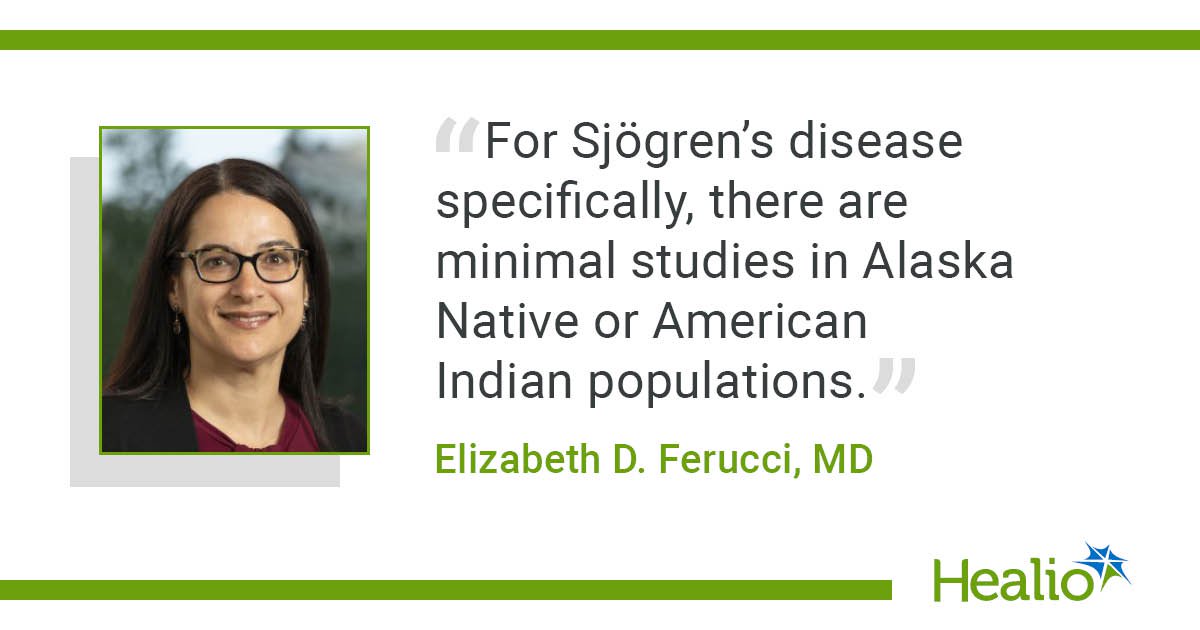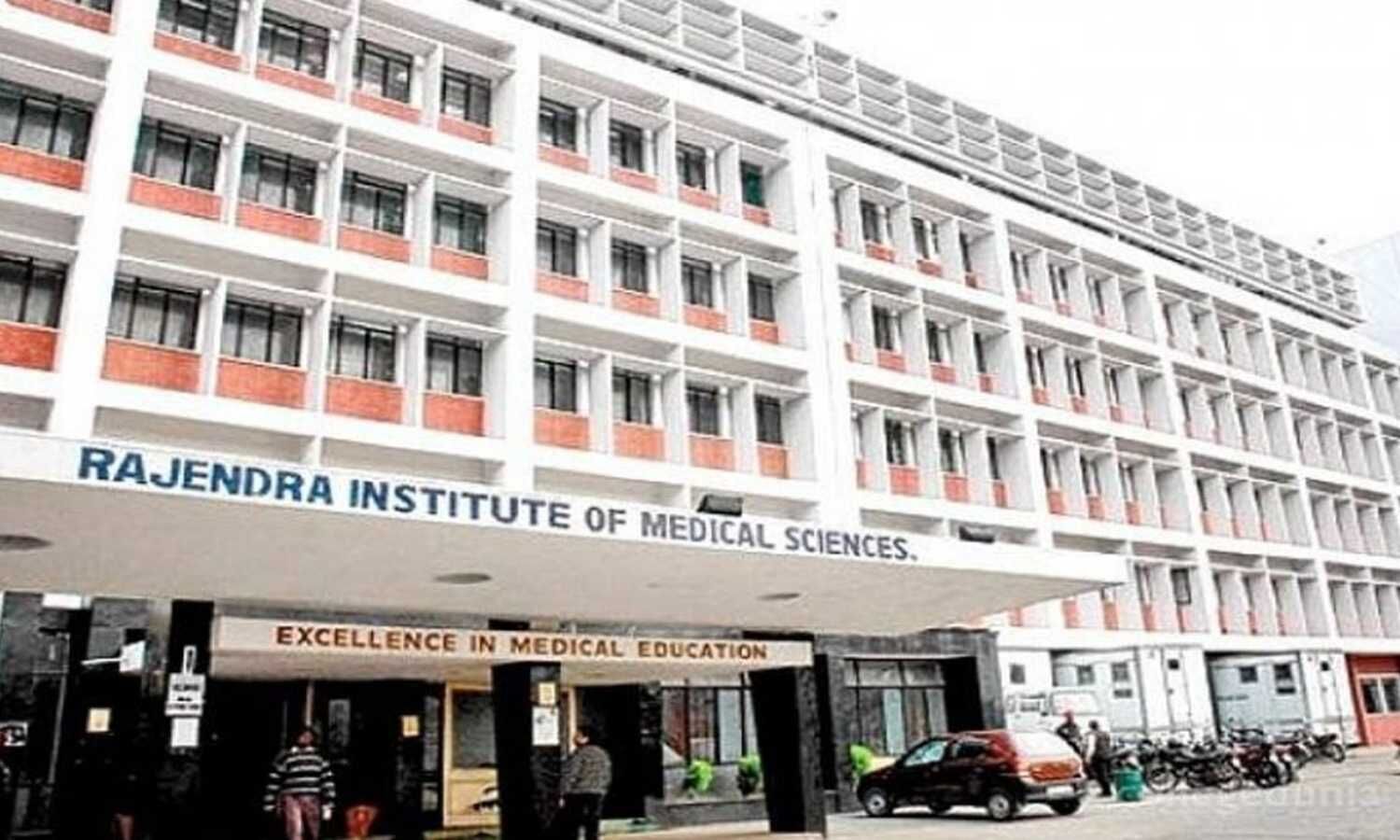Almost three-in-four clinicians in the North said they worked beyond their rostered hours at least once a week
Doctors in Northern Ireland are at a higher risk of burnout than their counterparts in England, Scotland and Wales, a new report has found.
The General Medical Council’s (GMC) annual ‘Workplace experiences’ survey revealed that over one-in-four doctors in Northern Ireland (26 per cent) are at high risk of burnout, compared to a UK average of 18 per cent.
More than half of Northern Irish clinicians (54 per cent) said they found it difficult to provide patient care at least once a week, compared with a 40 per cent average across the UK.
The 2024 poll noted that almost three-in-four Northern Ireland doctors (73 per cent) reported working beyond their rostered hours at least once a week, compared to a UK average of 62 per cent.
“This report is yet another reminder that doctors working in Northern Ireland are subjected to workloads and workplace conditions that would be deemed unacceptable elsewhere in the UK,” said Dr Alan Stout, chair of the Northern Ireland Council of the British Medical Association (BMA).
“The crisis in the NHS in Northern Ireland is well-rehearsed, but these figures from the GMC are particularly damning for this region of the UK,” he added.
“These figures come as no surprise to frontline medics here, and they should be cause for alarm to our policy makers.”
The GMC report also found that physicians in Northern Ireland were least likely to be categorised as doing well (23 per cent in NI, compared with a UK average of 31 per cent). Doctors considered to be doing well were not regularly working beyond rostered hours and usually felt able to cope with their workload.
When asked to identify the main barriers to patient care, doctors in Northern Ireland were more likely to report delays in providing care, treatment, investigations, or screenings (69 per cent compared with 57 per cent UK average). They also more commonly cited poor organisational leadership (56 per cent compared with 45 per cent UK average).
According to the report, GPs in the North were ‘the most pressurised group in the medical workforce across the UK’ and warned that without action to tackle this, efforts to move patient care into the community ‘may well be thwarted’.
Dr Stout said he hoped that Northern Ireland Health Minister Mike Nesbitt would take note of these findings.
“He cannot achieve his ambition of shifting healthcare ‘left’ into the community when he has imposed a GMS contract that does not adequately fund general practice in its current state, forcing GPs to take collective action,” he said.
“The entire future of the health service is dependent on retaining our workforce, and this means valuing what doctors do by committing to full pay restoration, along with timely pay uplifts, a fully funded general practice, and addressing doctors’ working conditions.
“All this needs meaningful actions and engagement with the workforce, rather than the current default response of promises of change that fail to materialise.”










